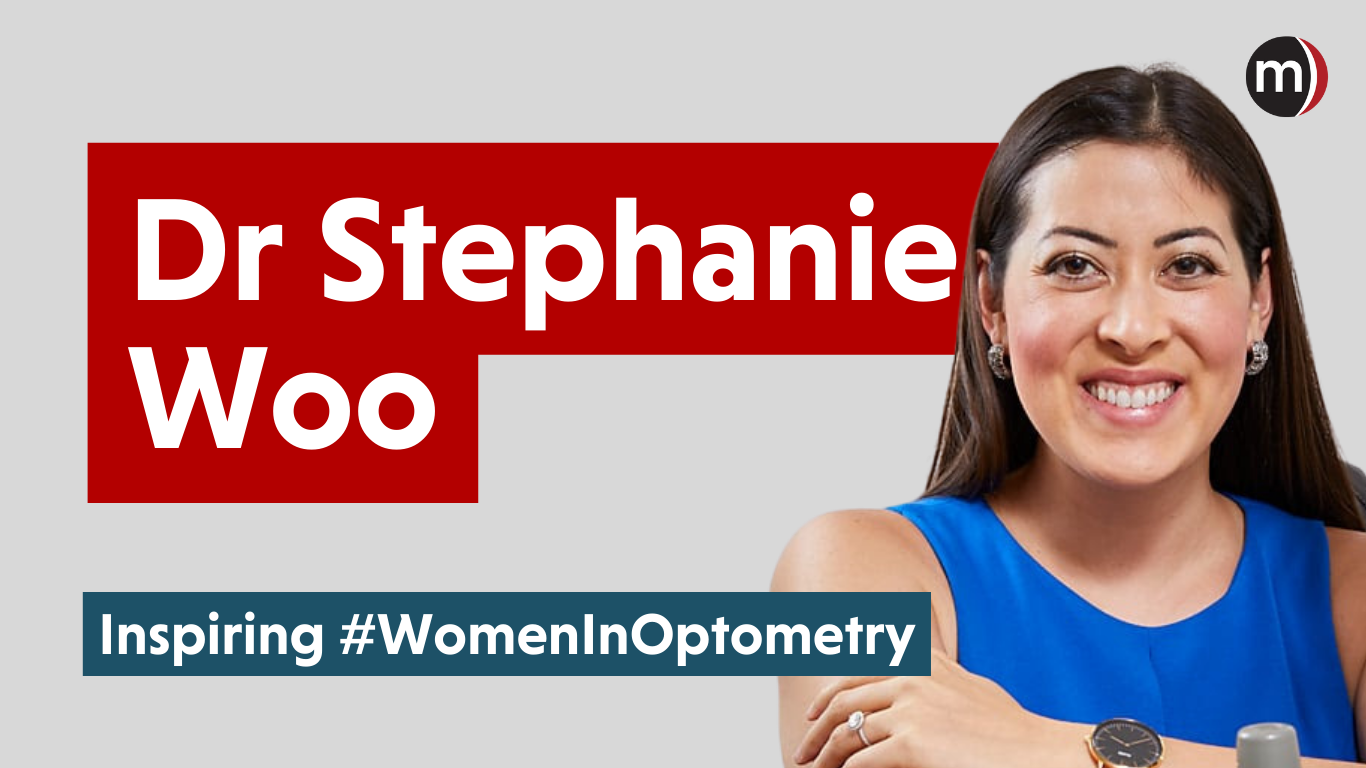
Dr Stephanie Woo needs no introduction. The renowned contact lens specialist and CEO of both Contact Lens Institute of Nevada and Woo University shares her insights, advice and accomplishments in this Women In Optometry feature. Have a read!
Hi Dr Woo. Tell us a bit about what you do and the impact it has.
My biggest accomplishment over the past 3 years has been founding Woo U. It is a non-profit organization committed to educating ECPs on a variety of topics. Of course, the first event was about scleral lenses, and we’ve hosted several events on how to fit specialty lenses and how to make them profitable.
My theory is that I can only see a certain amount of patients in my lifetime, but if I am able to teach others how to fit scleral lenses and manage these patients effectively, it will end up having a larger impact, since more patients will end up being served in the long run.
What most excites you about work, and what are your biggest challenges?
I have 2 main jobs – I am the CEO of Contact Lens Institute of Nevada, a clinic dedicated solely to custom contact lenses, and I am the CEO of Woo U. Both companies are successful, and I am super proud of them. In both companies, I love pushing the boundaries, creating and innovating.
The biggest challenge in both companies at the moment is scaling. As the CEO, it is important to set the direction of the companies and delegate. Like many doctors, I get caught up “doing the work” in both companies which takes a ton of time an energy. We are in the process of building efficient systems which will ensure great experiences to all and streamline all of our best practices.
Which attributes contribute to your success at work?
One of the biggest factors is support. My husband, family, staff, and friends are all incredibly supportive of my work, and they are always there for me. Without a support system in place, it would be very difficult for me to achieve success. Also, finding the right people to work in your company is huge – it is SO important to find people that fit in with the office culture. Your staff are your biggest asset, so choose wisely.
What are you most proud of in your career to-date?
I am most proud of developing Woo University and growing it to where it is today. We have hosted over 200 CE events to date, which is probably more than any other media company (that I am aware of). The impact we are having on the eye care industry is remarkable, and I couldn’t be more proud.
Who are your female role models and how have they influenced your career?
There are far too many to list, but a few that immediately come to mind would be Christine Sindt and Louise Sclafani. I’ve looked up to them for years, and we’ve become incredible friends over the past decade. They have helped me not only in my career, but my personal life as well. When you have support like that from some of the icons in the industry, it helps you realize anything is possible. I also really admire Julie DeKinder, my contact lens residency director at UMSL and Julie Schornack who is now the President of SCCO.
Seeing women achieve so much at such a high level has truly inspired me to become the best doctor I can be.
Why is it important to inspire the next generation of women in optometry?
Women are the future!
More and more women are pursuing optometry and at some point, there will be more women in practice than men. There are many challenges that women face that men don’t (example: some patients refuse to see a woman doctor, or challenge their knowledge). It is important to share stories and experiences to help other women feel seen and heard.
What advice would you give women starting their career?
Understand that your priorities will change throughout your life.
This applies to both men and women, but for some reason, women seem to feel guilty about this. I think as a whole, many women don’t want to disappoint people, and will sacrifice their own happiness to please someone else. Many don’t even realize they are doing this. I think that if you keep in mind that it is ok to pivot and change and grow as your life evolves, that you will better analyze situations and make better decisions.
When I first graduated, my goal was to see as many patients as possible to gain firsthand experience. Then, my next goal was to make as much money as possible so I could pay off all my student loan debt. Now, my goal is to create my own schedule and have more freedom. Being able to work exactly when I want is extremely important to me. I didn’t want to see patients at 8:00am anymore, so now I don’t start until 10:00am. I didn’t want to work between Christmas and New Year, so now we close the office that week so all staff can enjoy time with friends and family. I create the schedule that I desire and suits my life, and that is priceless.
